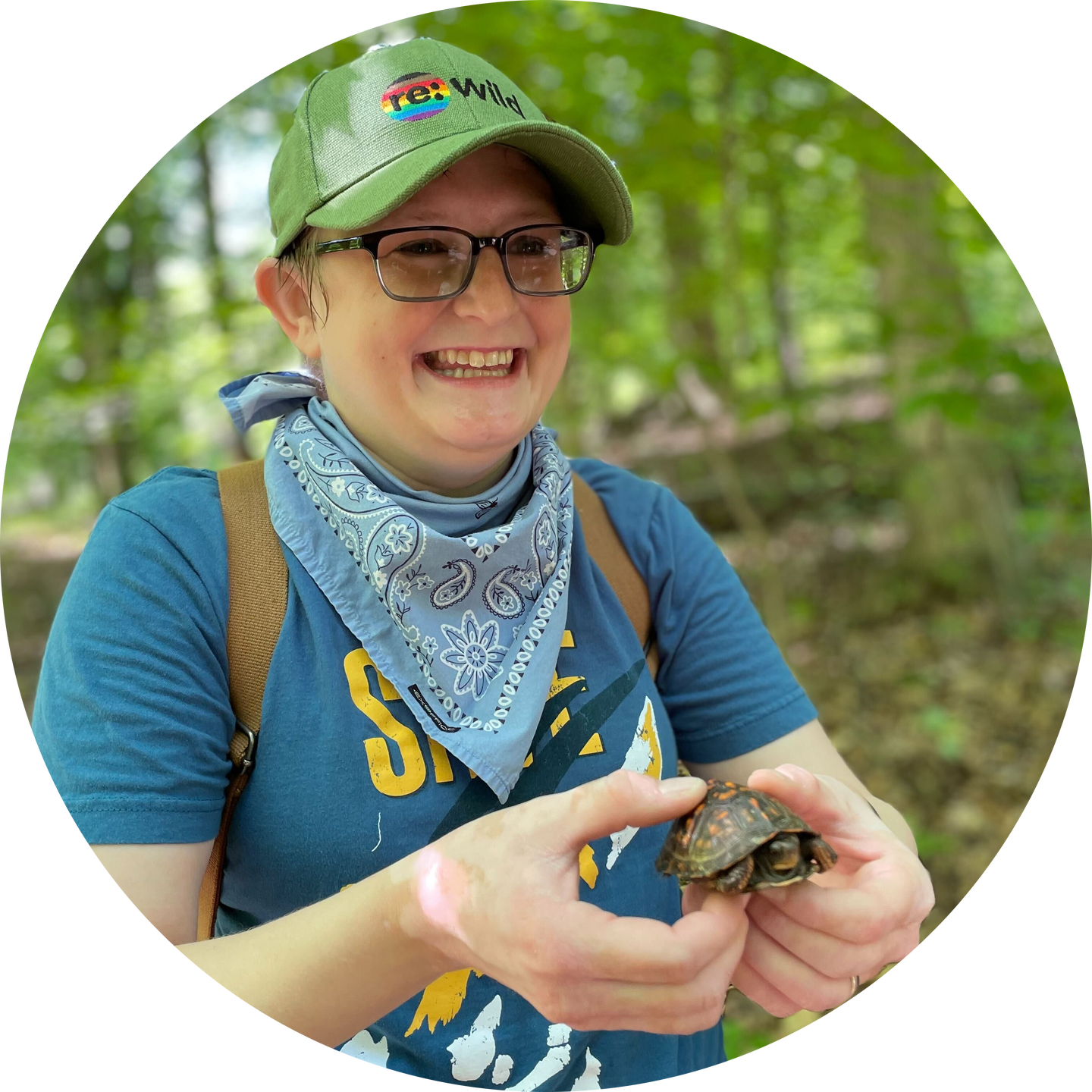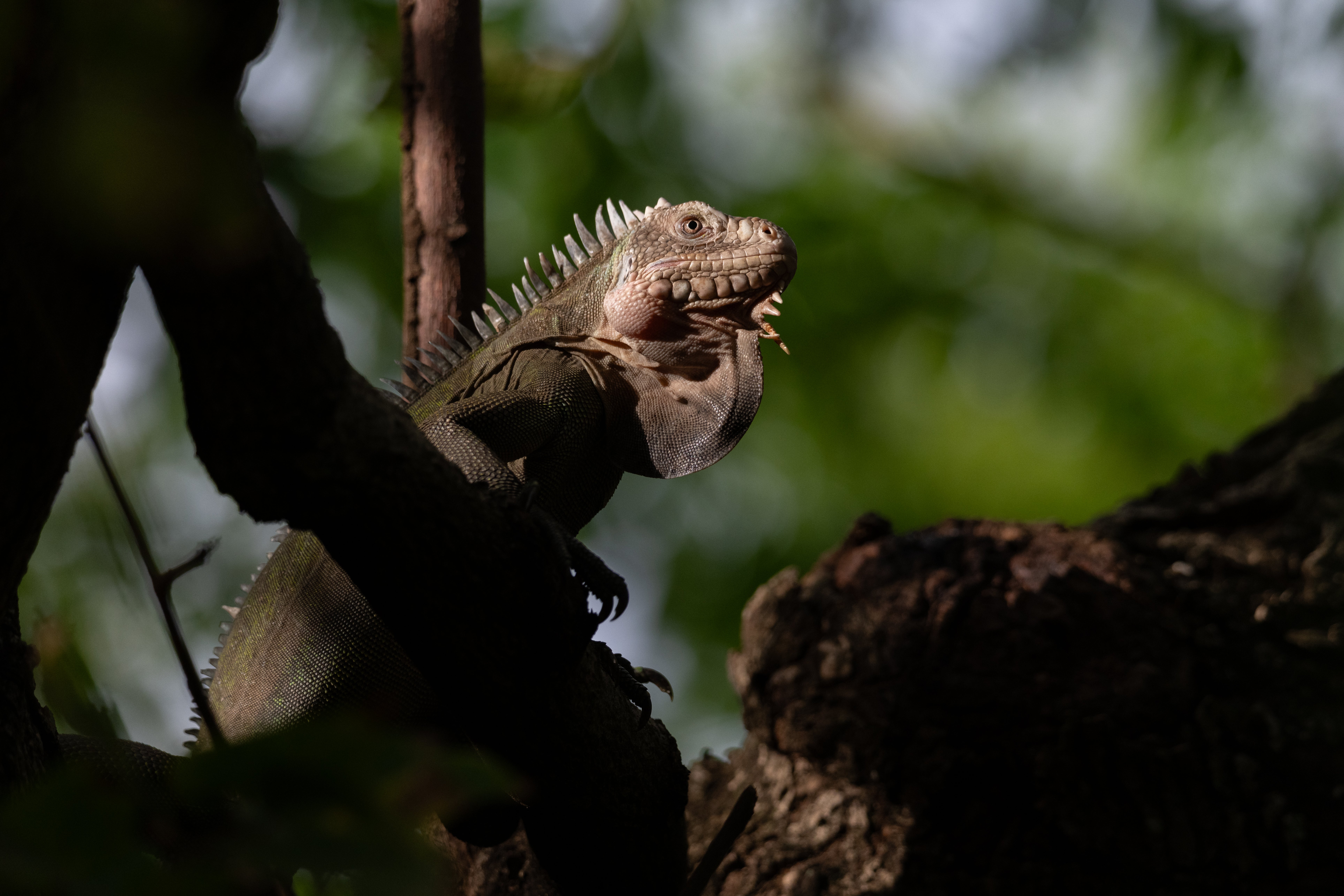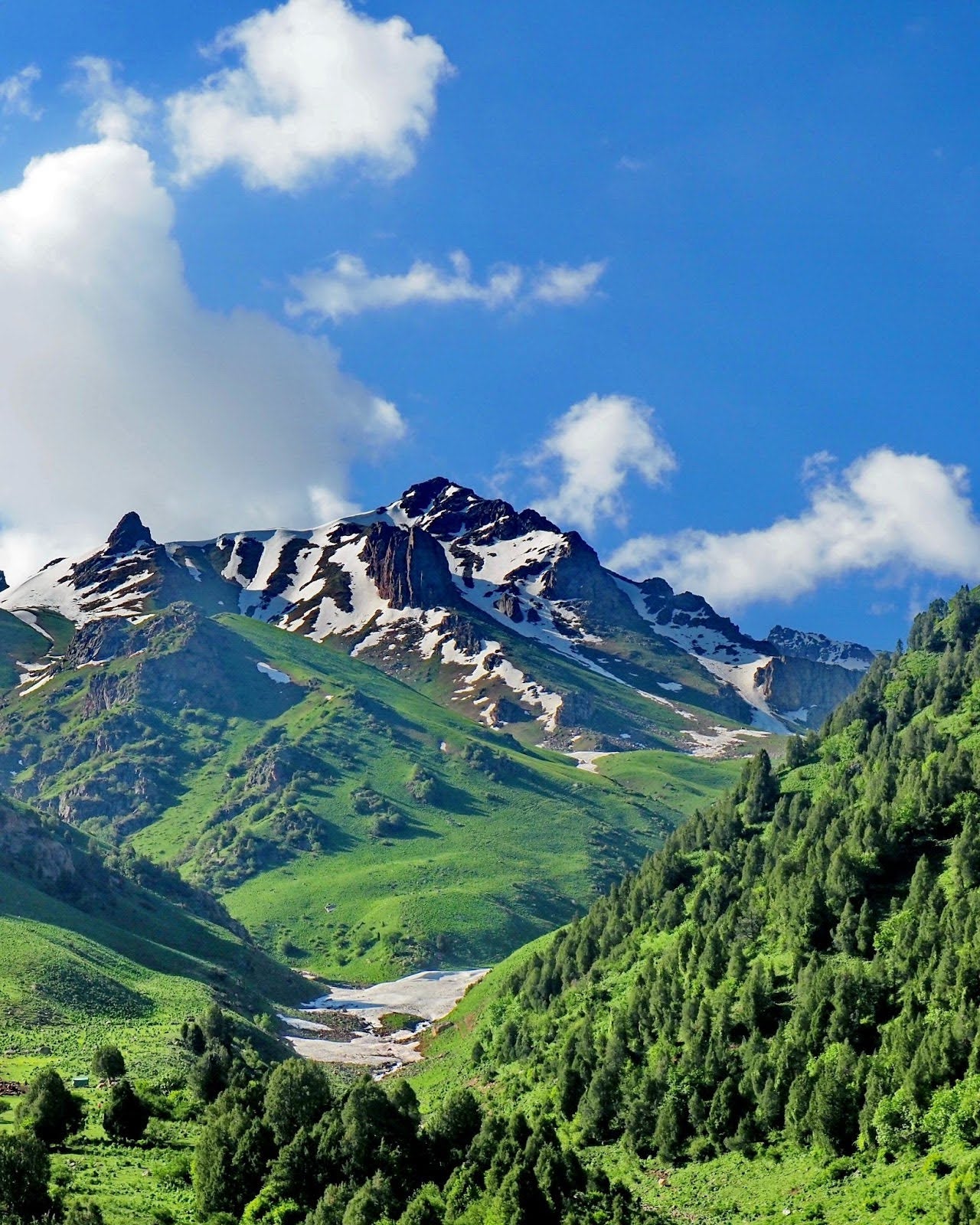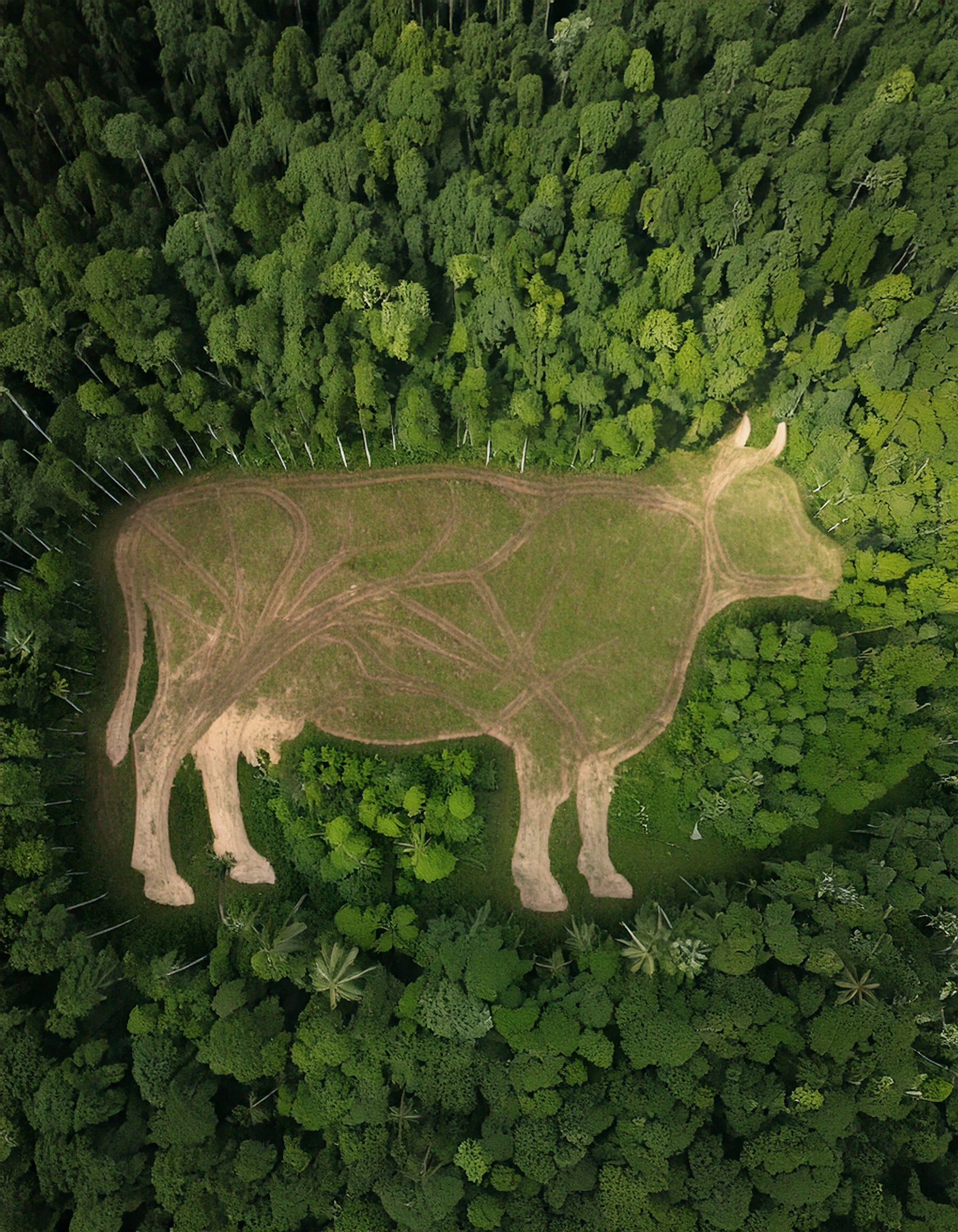One of the world’s hottest hotspots for marine biodiversity, Mozambique’s Inhambane Seascape, is under assault by two massively destructive industries. Conservation organizations are concerned that offshore seismic testing for gas mining and heavy-sands mining of pristine coastal dunes and Miombo forests would be catastrophic for these critical ecosystems—including the heart of the seascape, the idyllic Bazaruto archipelago—if allowed to move forward.
As local communities and organizations fear repercussions for speaking out against these industries, Re:wild, Amphibian Survival Alliance, ALL RISE, BirdLife International, Centro Terra Viva, Marine Megafauna Foundation (MMF), Mission Blue, Natural Justice, ParCo Community Partners, and Our Children’s Earth Foundation are calling on the global community to speak up and urge the government of Mozambique to protect this irreplaceable seascape and to invest in Inhambane’s local communities.
This call to action comes just ahead of the 2024 United Nations Biodiversity Conference of the Parties (COP16) and the 2024 United Nations Climate Change Conference (COP29), and as Mozambique counts votes from its Oct. 9 election.
“When we look at key marine sites in the Western Indian Ocean and the tremendous benefits they provide our planet—including global climate stabilization, safeguarding biodiversity, and supporting local communities—the Bazaruto archipelago tops that list,” said Tim Davenport, Re:wild’s Africa director. “To threaten this place for short-term gain for a few industries and individuals is unthinkable. We stand by the local communities and organizations who see the real value of the archipelago in its incredible wildlife and ecosystems.”
Because of its biodiversity and the vital importance of its variety of marine habitats, the Inhambane seascape has received a number of global accolades. The International Union for Conservation of Nature considers the seascape an Important Marine Mammal Area, an Important Bird Area, and an Important Shark and Ray Area. Mission Blue recognizes it as a “Hope Spot,” indicating that it is critical to the health of the ocean. The seascape includes the five islands of the Bazaruto Archipelago National Park and the Vilanculos Coastal Wildlife Sanctuary, both of which fall within the Greater Bazaruto Key Biodiversity Area, which means that it is critical to the persistence of global biodiversity and the overall health of the planet. In 2023, the Bazaruto archipelago won multiple awards as one of the best island tourism destinations in the world.
Other critical but unprotected habitats lie both north toward the Save River and south toward Pomene National Reserve, where local communities are particularly dependent on the functioning of intact ecosystems for their livelihoods and survival. The Inhambane region is dominated by endangered Miombo woodland, a 726,000 square-mile (1.9 million square kilometer) system of tropical grasslands, savannas and shrublands. In 2022, Mozambique and 10 other countries signed the Maputo Declaration on the Miombo Woodland to establish priorities for the sustainable management and governance of Miombo ecosystems, and this year the Miombo Restoration Alliance was launched in New York during Climate Week to prioritize protection and restoration of these critically threatened forests.
Yet more than 70% of the Inhambane coastline has been earmarked for heavy mineral sand mining. According to documents shared by IMPACTO, the environmental consultants representing Searcher Geodata UK Limited, an additional 16,600 miles (squared) (43,000 km, squared) of the same coastline has been proposed for offshore seismic testing and oil and gas exploration. These industrial-scale projects threaten the wildlife and local communities that live in and depend on the marine ecosystems.
Chinese company Haiyu Mozambique Mining, which has a track record of human rights violations and environmental transgressions, including elsewhere in Mozambique, has already begun illegal heavy mineral sand mining operations immediately south of the Greater Bazaruto Key Biodiversity Area. Sand is the planet’s most mined mineral, and this industry leads to the irreversible destruction of critical ecosystems on which both Indigenous communities and wildlife depend for their survival.
The environmental law and its regulations require any activity with significant environmental and social impacts to undergo an environmental impact assessment, including in-depth consultation with local communities, prior to any other license and project operations.
Local organizations have requested information about the heavy mineral sand mining project from both the government and Haiyu, but have not had been provided with any environmental impact assessments or environmental authorizations, nor been invited to any public participation meetings, making it difficult to determine the legality of the project, what its impacts will be, whether there are restoration plans in place, and how local communities will be affected. It seems that in 2020, Mozambique’s Ministry of Land and Environment turned down the company’s environmental impact assessment.
“This is a flagrant disregard for the law,” said Kirsten Youens from All Rise Attorneys. “Local communities, whose livelihoods and culture are intertwined with this unique ecosystem, are sidelined in decisions directly impacting their future. The disregard for environmental laws by mining companies, coupled with the government's lack of transparency, is not just a local issue—it's a microcosm of how the climate emergency is mishandled worldwide. Without inclusive, rights-based approaches to environmental challenges, we risk losing not just precious species and ecosystems but the very fabric of human resilience in the face of climate change."
A growing consortium of regional and international human rights and conservation organizations is highly concerned about the threats to the livelihoods and cultures of local communities, in addition to Bazaruto’s coastline becoming increasingly vulnerable to sea level rise and global climatic changes and less resilient to cyclones as a result of industrial activity.
The Bazaruto archipelago, which includes five islands and the surrounding marine ecosystem, is home to 55 shark, ray, skate and sawfish species that are at risk of extinction, including the critically endangered great hammerhead and scalloped hammerhead sharks, white-spotted wedgefish, bowmouth guitarfish, and ornate eagle ray. It is also home to five marine reptiles at risk of extinction, including the hawksbill turtle and green turtle.
The seascape also safeguards the last remaining viable population of dugong in Eastern Africa, standing at only a few hundred left. The dugong is a charismatic mammal that is more closely related to elephants than whales or dolphins and is classified as vulnerable on the IUCN Red List of Threatened Species. Conservationists are also concerned about the endangered Indian Ocean humpback dolphins, which live in small areas of the archipelago. Since 2018, Bazaruto Center for Scientific Studies (BCSS) Observatory has recorded 155 sightings of the species off the coast of the national mark park.
“Heavy mineral sand mining, offshore exploration and drilling would have profoundly negative impacts on the dugong population here, which accounts for some 90 percent of all mature dugong in East Africa,” said Simon Pierce, executive director of MMF. “These activities could lead to the local extinction of these special animals, in addition to other threatened species that depend on this seascape for their survival. This consortium is calling on Mozambique to support this vibrant, wild seascape for the future of Bazaruto’s inhabitants, both people and wildlife.”
Re:wild, Amphibian Survival Alliance, ALL RISE, BirdLife International, Centro Terra Viva, Marine Megafauna Foundation (MMF), Mission Blue, Natural Justice, ParCo Community Partners, and Our Children’s Earth Foundation are asking people around the world to be a voice for Bazaruto by signing an open letter, urging the government of Mozambique to:
Invest in the sustainable development of communities, instead of plundering the country’s natural resources to benefit foreign corporations. Multiple alternative proposals worth hundreds-of-millions of dollars have already been sent along to the minister’s office, including for large-scale ecotourism and a debt-swap for nature, which would relieve the government of hundreds of millions of dollars in debt in exchange for both protection of the seascape and investment in local communities.
Transparently consult with local and national stakeholders on all extractive projects that will impact the livelihoods of communities, local businesses, and Indigenous cultures.
Protect the seascape in perpetuity from extractive industry and practices that destroy the integrity of ecosystems that humans also depend on for survival.
To learn more, visit https://www.rewild.org/a-voice-for-bazaruto
Tiffany Schauer, Our Children’s Earth Foundation “People living on the Inhambane coast rely heavily on fishing and tourism for their livelihoods, and they are connected to the ecosystems and wildlife here on deep spiritual and cultural levels. At the very least, these communities deserve to have a voice in governmental decisions that impact their lives so meaningfully, particularly where those decisions would allow for irreversible environmental harm. International corporations seeking to extract valuable minerals from this region must follow the basic rules and allow for public input, and we call on the Mozambican government to halt all mining activity that is happening now without proper permits.”
###
Photo: The Inhambane seascape safeguards the last remaining viable population of dugong in Eastern Africa, standing at only a few hundred left. Photo by Ivy Yin, Our Children’s Earth Foundation. Download photos and video.
Re:wild Re:wild protects and restores the wild. We have a singular and powerful focus: the wild as the most effective solution to the interconnected climate, biodiversity and human wellbeing crises. Founded by a group of renowned conservation scientists together with Leonardo DiCaprio, Re:wild is a force multiplier that brings together Indigenous peoples, local communities, influential leaders, nongovernmental organizations, governments, companies and the public to protect and rewild at the scale and speed we need. Learn more at rewild.org.
ALL RISE ALL RISE is an all-woman non-profit law centre based in South Africa, dedicated to advancing environmental and climate justice. Our mission is to safeguard the environment and protect vulnerable communities from the ongoing and escalating threats of fossil fuel extraction, environmental degradation and climate change. In the face of the global climate crisis, we work towards protecting species and ecosystems, as well as communities’ land and ocean-based livelihoods. We aim to ensure intergenerational environmental justice through legal representation, community empowerment, and strategic advocacy. Our all-woman team brings diverse skills and an unwavering commitment to environmental and climate justice. We oppose the onslaught of environmental threats posed by extractive industries and advocate for sustainable practices that prioritize both people and the planet.
Amphibian Survival Alliance The Amphibian Survival Alliance (ASA) is a global partnership dedicated to the conservation of amphibians and their habitats. Committed to a future where amphibians thrive in nature, ASA collaborates with a network of partners to develop and implement effective conservation actions. ASA focuses on six key priorities: community engagement and education, organizational excellence and sustainability, strengthening partnerships for greater impact, enhancing conservation outcomes, resource mobilization and fundraising, and policy advocacy and global influence. ASA aims to mitigate and prevent amphibian declines while fostering an informed and active community. For more information, visit amphibians.org.
BirdLife International BirdLife International is the largest and oldest international alliance for the conservation of birds and their habitats, with 101 years of longevity. It has 120 partners around the planet and 23 in the Americas who work with passion and commitment to protect birds, biodiversity, their habitats, and people. BirdLife is recognized for its leadership in identifying and formulating Important Bird Areas and Key Biodiversity Areas (IBAs and KBAs, respectively). BirdLife's approach allows us to articulate strategic conservation and restoration actions based on science and community development that go beyond borders along the migratory bird routes. It has six regional offices (Quito, Brussels, Amman, Nairobi, Singapore, and Suva) and a global office in Cambridge, United Kingdom. Join the flock and learn more at www.birdlife.org.
Mission Blue Mission Blue inspires action to explore and protect the ocean Led by legendary oceanographer Dr. Sylvia Earle, Mission Blue is uniting a global coalition to inspire an upwelling of public awareness, access and support for a worldwide network of marine protected areas – Hope Spots. Under Dr. Earle’s leadership, the Mission Blue team implements communications campaigns that elevate Hope Spots to the world stage through documentaries, social media, traditional media and innovative tools like Esri ArcGIS. Currently, the Mission Blue alliance includes more than 250 respected ocean conservation groups and like-minded organizations, from large multinational companies to individual scientific teams doing important research. Additionally, Mission Blue supports the work of conservation NGOs that share the mission of building public support for ocean protection. With the concerted effort and passion of people and organizations around the world, Hope Spots can become a reality and form a global network of marine protected areas large enough to restore the ocean, the blue heart of the planet.
Marine Megafauna Foundation The Marine Megafauna Foundation (MMF) is a non-profit conservation organization based in Palm Beach, Florida. Founded in 2009, MMF is dedicated to the research and protection of threatened marine megafauna, focusing on large marine species like sharks, rays, and sea turtles, often referred to as 'megafauna'. Their mission is to ensure these majestic creatures thrive in harmony with humans. With a global reach, MMF works to understand these species' intricacies and the threats they face. Discover more atwww.marinemegafauna.org
Natural Justice Natural Justice is an organisation rooted in the struggles of communities in Africa. As a team of pioneering lawyers and legal experts, we specialise in human rights and environmental law in pursuit of social and environmental justice. www.naturaljustice.org
Our Children’s Earth Foundation Our Children’s Earth Foundation prioritizes partnerships with organizations serving disadvantaged communities, and our work is driven by the experiences and goals of those community members that bear the brunt of environmental injustice. Protecting the vulnerable is at the heart of our advocacy campaigns, which focus on human health and wellbeing as well as ecosystem health. We work to prevent harm to critical wildlife habitat which is so often essential to economic health for people living nearby. Malfeasance, neglect, and abusive practices plague marginalized communities, so we apply our resources to raising awareness and helping impacted groups to work toward positive change for themselves and for future generations alike.
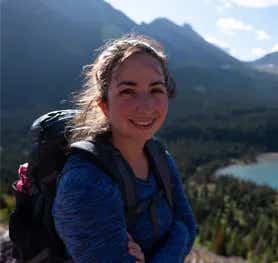
Devin Murphy
Writer
Devin Murphy is Re:wilds’s senior communications specialist and helps Re:wild and its partners tell stories about the work they do to protect wildlife and wildlands around the planet. Her favorite stories about conservation include fascinating and little-known species and the dedicated humans protecting them.
